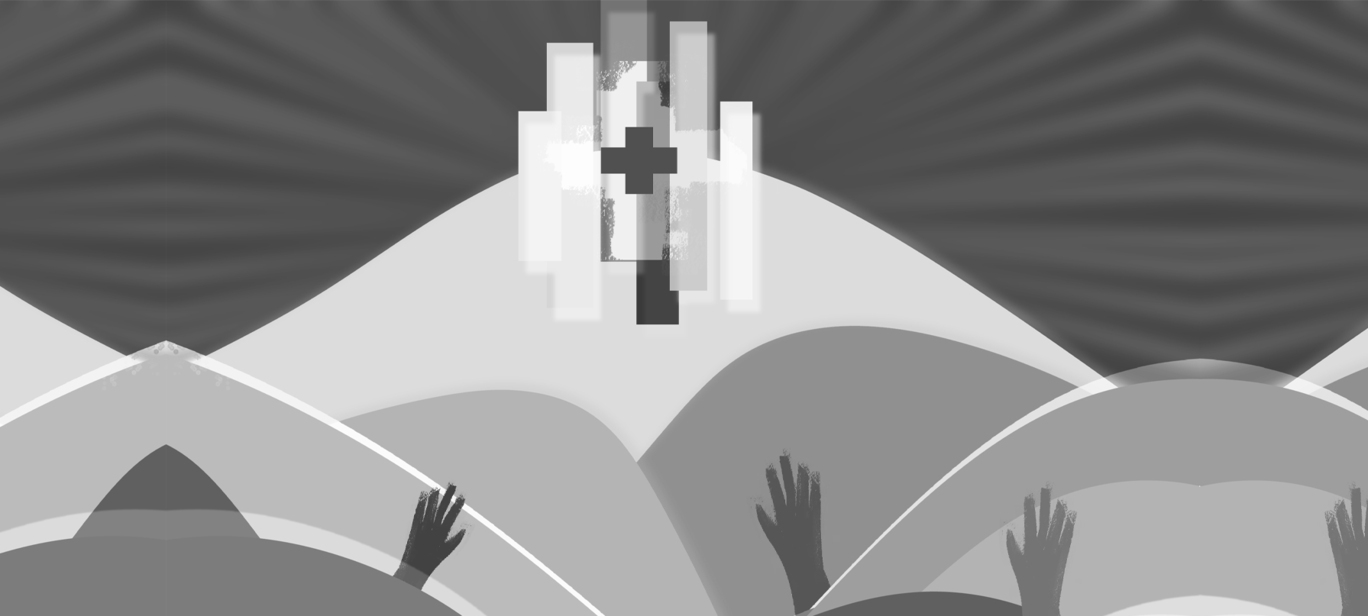With cuts to people with disabilities, Manitoba Premier Brian Pallister has blood on his hands.
Let’s talk about mental health and the Manitoba government. Specifically, about how the government under Pallister has made the decision to kick the most vulnerable of us living with severe mental health disabilities while we’re down. As of Feb. 1, changes have been made to the way benefits are given under the portable housing benefit (PHB), a benefit intended as a rent supplement for those with unstable living conditions that hinder progress while living with disabilities such as bipolar disorder, major depressive disorder and schizophrenia.
The PHB was introduced in 2011 by the former NDP government to provide up to $200 per month in additional benefits to assist people with mental health disabilities — by supplementing the difference between the cost of rent and employment and income assistance — in securing safe, adequate housing on the private market.
For many, the benefit has made the difference between being able to not only just scrape by, but to have other necessities such as internet, phones and bus passes to participate positively in the community.
When struggling with disabilities that make working either completely unfeasible or considerably more difficult, this subsidy can be the difference between just surviving and having the opportunity to navigate life in a meaningful way — by accessing the necessary resources and support it takes to do so. Formerly, in practice at least, the PHB was a guaranteed benefit of up to $200 per month in addition to what was received through Rent Assist, the portion of EIA benefits meant to help with housing costs for those that qualified.
The newly implemented changes are to the formula for calculating the benefit — now, the PHB is meant to simply cover the difference between Rent Assist benefits and the actual cost of rent for recipients.
This means that approximately 550 people receiving the PHB will be negatively affected — by either having their benefits reduced or cancelled altogether.
On the surface, this seems like a politically-convenient move that’s easy to cover for — for a government trying to balance the budget, it makes sense to crack down on programs that aren’t working the way they should be on paper.
I’m sure there are people who will take the side of Pallister and the Progressive Conservatives on this one, taking a look at the gap between practice and procedure and simply thinking people shouldn’t have been receiving that money in the first place, as hundreds of marginalized people lose a significant chunk of their income, likely adding to their ignorance the fact that the government is in the process of developing a new program to assist these same people — so what’s the big deal?
The big deal is that, already, community health-care providers are reporting an uptick in suicidal ideation among clients affected by the changes. Some of the most marginalized people in the province, who are disproportionately living in poverty, are losing a significant part of what relief is available to them.
What are these people supposed to do in the meantime? Simply wait and hope for a government that will help them instead of one that has done nothing but attempt to achieve its goal of balancing the budget? This is a purely ideological goal that ignores the economic reality that reducing government spending like they are tends to result in economic recession and depression.
The social assistance available in this province is already woefully inadequate, with those receiving benefits already struggling to find affordable housing on the private market, Manitoba Housing facing a waiting list of 8,449 applicants and the government selling off what public housing exists.
The Pallister-led government has already announced plans to privatize the Public Interest Law Centre, which typically provides legal services to marginalized people making human rights complaints — as some people are already threatening to do over these changes. The supports that do exist are being rolled back, as is one of our only legal means of fighting back.
Pallister seems bent on kicking us while we’re down and making sure we don’t get up again.
These types of cuts to benefits are bald-faced transfers of wealth from some of the most marginalized people in our province to those wealthy enough to actually benefit from tax cuts in a meaningful way. At this point the cycle is familiar to anyone paying attention: reduce spending, cut taxes, reduce spending, cut taxes ad infinitum.
The rich get richer while the rest of us suffer, most of all marginalized people like those of us living with severe mental health disabilities. Wherever it rears its head, it may be different in appearance, but neoliberalism is always the same in form.
The blame for any deaths resulting from these changes rests squarely at the feet of Brian Pallister and the Progressive Conservative party.



